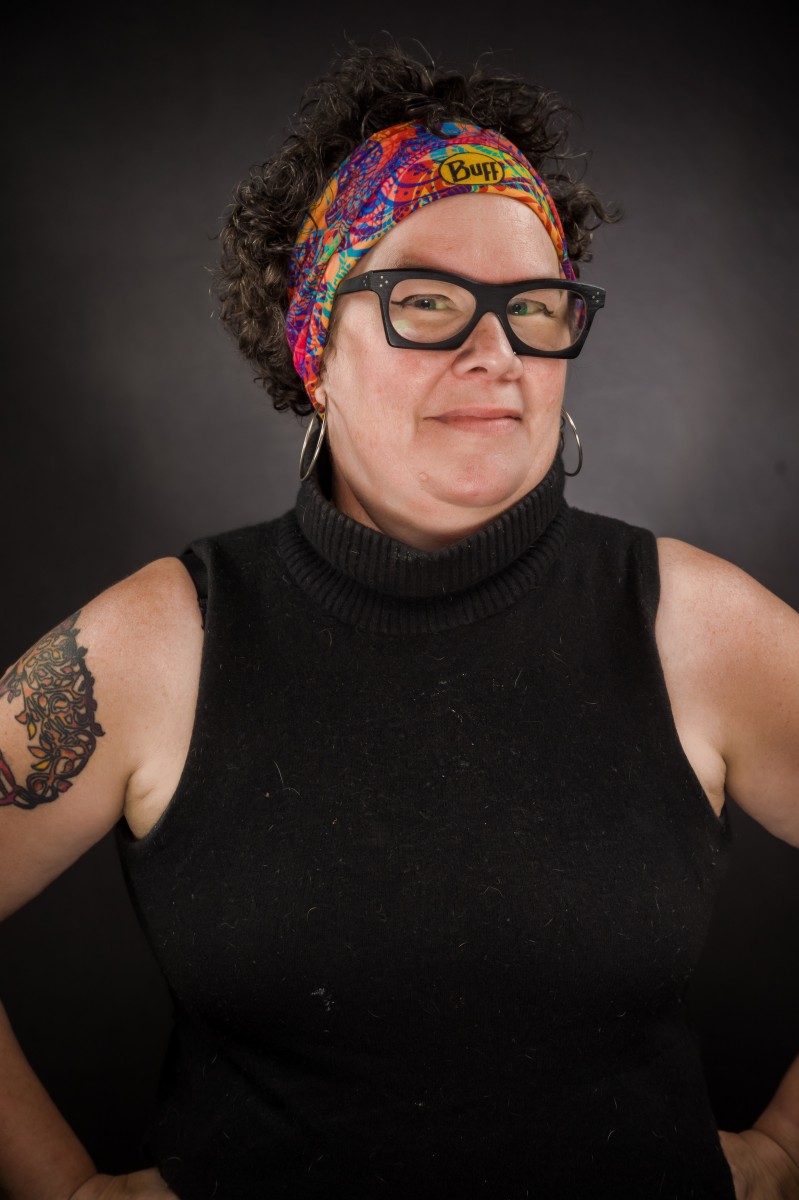Could Empathy be the key to criminal justice reform?

“The definition of insanity is doing the same thing over and over and expecting different results.” -Albert Einstein. This is the opening quote in the revolutionary video, “Service Learning to Influence Social Change in Criminal Justice.” To apply Einstein’s quote, the thing that is being done ‘over and over’ while expecting a different result is the failure to use service learning to teach empathy and create social change in the criminal justice field.
This video is the culmination of a research project spearheaded by Caron Jacobson, a 2021-22 *Media Research Institute Fellow and Senior Lecturer of Criminal Justice at Governors State University (GSU). Jacobson, a former criminal justice practitioner with over 20 years’ experience, advocates for the use of service learning in criminal justice curricula.
According to Jacobson, the most effective way to teach empathy to criminal justice students is through service learning. Service learning, which has historically been used in education, psychology, social work, and counseling, is a pedagogy that integrates relevant service activities, that address human and community needs, into course curriculum.
Jacobson's research found that criminal justice students have less empathy compared to other undergraduate students. “In particular, when we look within criminal justice, students going into law enforcement have the lowest level of empathy of criminal justice students. They actually have a more punitive attitude than other criminal justice students do,” Jacobson said.
Dualistic thinking, the ‘us’ vs. ‘them’ mentality, is an issue. “One of the hindrances to creating change is the ability for criminal justice workers to see people who are inside the system, whether it’s at the point of arrest, in the courts, or in prison, to see them as ‘other.’ That we’re fighting this battle against crime ‘against them.’ The more you can separate yourself from the group that you are actually servicing, because criminal justice is a human service, the less you identify with their humanity. As criminal justice workers, we see ourselves as maintaining and controlling a population. When we should be out there helping.” Caron Jacobson.
In the video, Jacobson brings GSU criminal justice students together with returning citizens in a re-entry program for something as simple as a conversation. On a video call they talked about the Chicago Cubs and the Chicago White Sox, among other things, and both groups seemed to grow more comfortable as the conversation continued.
“These projects are what break stereotypes, increase empathy, and reduce dualistic thinking in our criminal justice students. You see transformation happening. It blows stereotypes out of the water and has helped me be a better professional,” Jacobson said.
She has integrated service learning into undergraduate and graduate curriculum at GSU for the past 12 years and hopes to build a more compassionate generation of criminal justice professionals and create social change with this practice.
Prof. Jacobson’s video project was produced by the Department of Digital Learning & Media Design as part of the Media Research Institute of the Center for Community Media at Governors State University. To view the video, visit this link, Service Learning to Influence Social Change in Criminal Justice.
For the MRI Fellowship application visit this link.
*For more information about the Media Research Institute (MRI) Fellowship please contact communitymedia@govst.edu.

